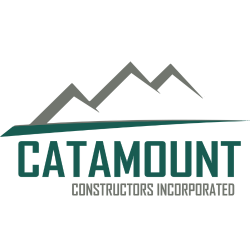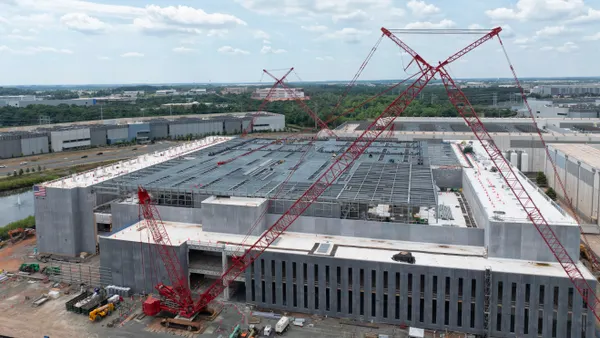Jennifer Kinsey is general manager and commercial business unit leader in the Nashville office of Atlanta-based contractor Reeves Young. Opinions are the author’s own.
In an industry full of smart, capable builders, I’ve learned that out-titling someone doesn’t win work. I don’t have a flashy origin story. What I do have, and what’s shaped my career, is a deep belief that relationships matter more than anything else.
That belief has helped me build trust, grow teams and win projects as an underdog. It’s not about grand gestures. It’s the small, thoughtful actions that people remember. The ones that show you’re paying attention, that you care and that you mean what you say.
Trust is the tiebreaker
The early stages of a construction project can feel very transactional. Timelines are tighter, introductions are digital and decisions are often made before you even meet the client. But even in that environment, relationships still have weight.

When qualifications are equal, clients lean on their instincts. They ask, “Do I trust you to deliver? Will you show up when things get hard?” I’ve seen trust, not pedigree, tip the scales time and again.
That trust is built over time, often long after a project ends. I make a habit of checking in with former clients whether we’re working together or not. Sending a note, attending a community event or congratulating them on a milestone all make a difference. These moments aren’t on a project schedule, but they’re the reason my phone rings when the next opportunity comes up.
Personal touches
For me, sending a proposal isn’t the end of the day. It’s the start of a conversation. I’ve walked proposals into potential clients myself, visited prospective sites before putting pen to paper and even included one university’s elusive albino squirrel in a proposal. More than once, I’ve worn my signature Sneex — sneaker-style tennis shoes — in a client’s colors to a presentation. These details spark conversations and help clients feel seen.
And after projects wrap, I keep in touch without an agenda. I don’t do it because I’m “supposed to.” I do it because I care. And people can tell the difference. If you’re leading a firm, ask yourself: when was the last time someone on your team connected with a client without an ask attached? It’s easy to forget how powerful that can be.
An edge for emerging leaders
Over more than two decades, one of the biggest lessons I’ve learned is that follow-through matters. People remember if you did what you said, especially in the small moments. That might mean showing up on-site when it’s inconvenient or being honest about delays.
If you’re a young professional wondering how to build trust early in your career, start with saying what you’ll do, then do it every time. That alone will put you ahead of half the industry.
For women and professionals without a traditional background in construction, know that you don’t need a specific title to lead. Some of my best opportunities came from showing up, being consistent and building relationships without expecting anything in return.
Early on, I was often the youngest and only woman in the room. I didn’t have the loudest voice, but I made sure I was consistent, responsive and invested. That built trust, and trust opened doors.
My advice:
- Be reliable: People trust people who follow through.
- Be human: Small acts of kindness go further than you think.
- Be present: You never know who’s watching and remembering how you show up
How you lead matters too
Personal touches should extend to your team. I take new hires to lunch, celebrate milestones and check in when someone’s having a rough week. I’ve worked with some of my colleagues for more than a decade. The consistency of our working relationship is rooted in mutual trust and shared values: people first, always. When people are taken care of, everyone — from the front office to the jobsite — is able to succeed.
The construction industry may evolve, but one thing that hasn’t changed is this is still a people business. Projects come and go, but relationships stick.
Whether you’re chasing new work, leading a team or building something from the ground up, don’t underestimate what a personal touch can do. It’s not about being nice for the sake of being nice. It’s about creating the kind of trust that makes people want to work with you again. That’s how I’ve grown my relationships and career, and in my experience, there’s no better way.














